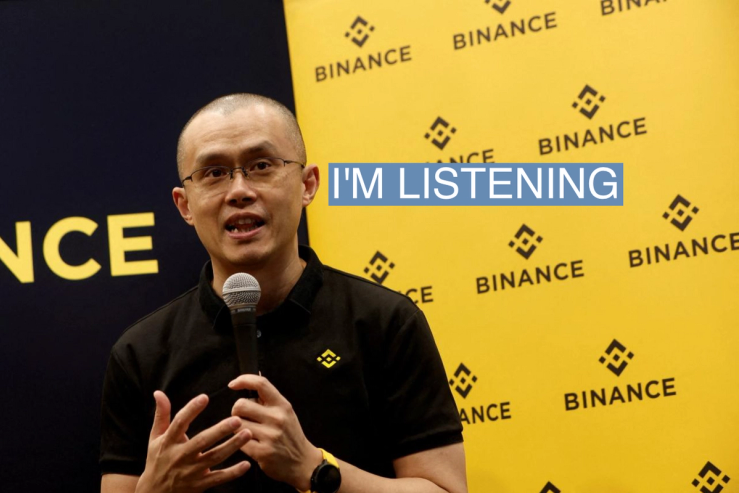The Scoop
The unlikely winners of the U.S. crypto crackdown are a collection of foreign countries courting digital-asset companies that no longer feel welcome in America.
Saudi Arabia, Japan, and France are among the countries wooing crypto companies, with representatives from those nations getting in touch with Binance, Coinbase, and others about creating friendly regulatory frameworks as well as potential incentive packages to relocate or expand their presence, people familiar with the matter said.
Bradley’s view
The international competition could set off a regulatory race to the bottom in an industry with volatile assets and sometimes opaque operations. Germany, Italy, United Arab Emirates, Bahrain, and South Korea are among the other countries trying to win digital-asset businesses, several crypto executives said.
But they’re also feeling pressure from U.S. regulatory action. The Securities and Exchange Commission has hit the industry with a host of enforcement actions, including an insider trading case at Coinbase and registration failures at BlockFi. The agency’s decision to sue stablecoin issuer Paxos over unregistered securities infuriated many crypto firms.
Several venture capitalists focused on the crypto space told Semafor they’ve paused investments in U.S. projects until there’s more regulatory certainty.
The agency has scared traditional industries like banking away from working with crypto companies, effectively “smothering it with a pillow,” as one frustrated crypto executive said.
The response from the SEC has been a bit heavy handed. And the U.S. turning its back completely on the space lets other countries enjoy the spoils of the industry’s maturation while U.S. users will still be vulnerable to abuses by sketchy players.
There are also legitimate uses for the broader blockchain technology that powers cryptocurrencies, despite the current volatility. Hospital systems dealing with hackers taking patient data for ransom are turning to decentralized blockchain systems, and government agencies like California’s Department of Motor Vehicles are cutting through bureaucratic red tape with the technology.
Know More
Gulf states have been aggressively courting crypto companies, thanks in part to the regional rivalry between the UAE and Saudi Arabia in attracting businesses. Aramco, Saudi Arabia’s $2 trillion state-owned oil conglomerate, just announced it is working on co-developing blockchain technology with different companies, while Dubai is setting up relocating digital-assets businesses with banking services, commercial leases, and visas.
Bahrain’s central bank has straightforward licensing regulations for digital asset firms with low capital requirements, and applicants are given a decision within 60 days. Meanwhile, South Korea’s newest president ran on a pro-crypto platform.
Room for Disagreement
The arm of American regulators is long. The arrest of Sam Bankman-Fried, the founder of crypto exchange FTX, in the Bahamas at the request of American authorities, shows that U.S. prosecutors can still grab you overseas. He is accused of defrauding U.S. investors and users, among other allegations. (Bankman-Fried is an investor in Semafor, which plans to repurchase his interest.)
The View From Busan, South Korea
Korea’s second-largest city believes it can reverse the aging demographics of its population with the help of a new industry. Local officials want to build a publicly-run crypto exchange, and the country’s new President Yoon Suk Yeol won his election, in part, because of support from young voters who want the country to embrace the digital asset industry.
Notable
- Forbes details internal fund transfers at Binance that mimic those of FTX, but Binance says the story and others drew incorrect conclusions, detailing in a new blog post how to understand wallet transfers.


